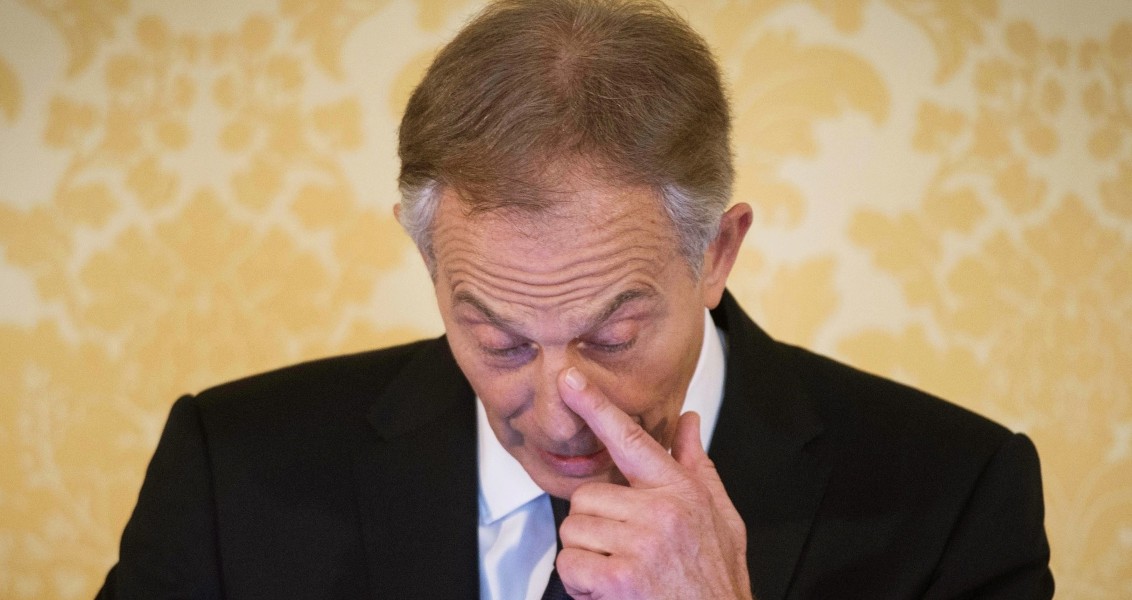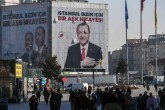Last week the attack in Baghdad, claimed by DAESH, led to the deaths of almost 300 people, making it one of the deadliest attacks in Iraq for years. The attack has brought back to the world’s attention the violence that has erupted in Iraq since the immediate aftermath of the invasion of the country by the United States. The planning and implementation of the invasion and the actions that were taken following the invasion have been one of the most controversial topics of the last 13 years. Especially since the end of U.S. President George W. Bush’s tenure, former members of the administration have written books and memoires, providing their own ACCOUNT of what happened in 2002 and 2003 that pushed the U.S. into a war that cost the lives of hundreds of thousands of Iraqis, thousands of American servicemen and billions of dollars. Although the Vietnam syndrome in U.S. foreign policy was more obvious before Operation Desert Shield and Operation Desert Storm, in terms of outcome the Vietnam analogy worked better in regards to the U.S. invasion of Iraq. Eight years ago a junior congressman from Illinois won the Democratic Party primary and U.S. presidential election by using his “no” vote as his most significant source of credibility in foreign policy and defense against rivals who voted “yes” to the invasion of Iraq. After becoming president, Barack Obama’s approach to foreign policy and security policy was also dramatically influenced by the ghosts of the Iraq War. For some analysts, the war brought major systematic changes to international relations by dramatically challenging U.S. power and hegemony. Among those, analysts and scholars, like Andrew Bacevich, considered the war in Iraq a critical juncture in the beginning of the decline of the United States. Today, although some decision makers who voted “yes” try to defend their decision by saying that “the world is a better place without Saddam Hussein,” there is almost a consensus that the war against Iraq was the wrong decision.While debates about the impact of the war in Iraq in U.S. foreign policy and security circles are still going on today, since the rise of the DAESH, there has been a more recent debate about the role of the U.K. in the war in Iraq and how this decision was taken in 2003. Last week, the Chilcott report, an official inquiry into British foreign policy during and before the Iraq War, released important information and immediately triggered a major debate about British foreign policy in general and former Prime Minister Tony Blair in particular. The report indicated major problems in terms of decision making and implementation as well as presentation, analysis and assessment of intelligence. A critical point of the report showed that the military intervention in Iraq was not a last resort. Accordingly there was still space for diplomatic efforts during the war. The British Prime Minister and his government failed to use these other options and accordingly gave major support to the U.S. Furthermore, as was shown in multiple different instances, the claim by the British government that Saddam Hussein had weapons of mass destruction was proved to be groundless. There was also no information about the link between the Iraqi regime and al-Qaida, which was insinuated by the different members of the Bush administration. The after effects of the war in Iraq was also discussed in the report. An important dimension of the report was the risk of the rise of terrorism after the invasion of Iraq. In addition, the report was also critical of the lack of “the day after” plan in the U.K.
Tony Blair made a speech and expressed his opinions about the war in Iraq and his position on the U.S.’s decision to go to war. However this decision probably became one of the most significant dimensions of his legacy. Because of that, the day after the release of the report, he was harshly criticized by the media and politicians for “deceiving” the people in Britain. This issue will be one of the most important topics to be discussed in the coming years as the two major allies, the U.S. and the U.K., release more reports like this. The legacy of the decision makers will continue to be tainted by their decisions in Iraq. And unfortunately because of their decisions, Iraqi citizens will continue to live in a failed state.
[Daily Sabah, July 9, 2016]



